Microminerals can play a key role in influencing the composition of intestinal microbiota and the permeability of the intestine to influence performance and welfare according to global experts speaking at a recent webinar hosted by Zinpro Corporation.
The importance of gut health
Poultry nutritionist Dr Leonardo Linares stressed the importance of gut health in helping birds be more resistant to challenges as it is the biggest immune organ. The reduction in the use of antibiotics will make the maintenance of good gut microbiota and a strong intestinal surface even more important.
Good gut health is intimately involved in profitable poultry production. If gut health is good, then birds will be more robust and healthier, which is very important for their immune system and overall well-being. A stronger intestinal barrier is also important for food safety. Healthy birds with an effective gut will be better performing with improved feed absorption, which is important for sustainability and profitability. Research shows that microminerals can play an important role in gut health and zinc has a particularly significant effect.
Dr Leonardo Linares
Dr Linares reported on a recent trial that compared supplementation with zinc sulphate and Availa®Zn where the
zinc is complexed 1:1 to an amino acid for effective absorption by the bird. Researchers found that the form of zinc had a direct impact on the intestine wall. On days 10 and 28 of the trial, birds supplemented with Availa Zn, had longer intestinal villi and thus an increased surface area for absorption. “Effective zinc supplementation also plays a significant role in the microbiota modulation, specifically in cells that produce antimicrobial peptides,” said Dr Linares. “It also helps maintain strong tight junction integrity between epithelial cells, helping to keep the intestines sealed, protecting against leaky gut, and preventing toxins or detrimental microorganisms from crossing the epithelium into the bloodstream.”
The unique absorption pathway of Availa Zn delivers a combination of benefits in the intestine. The increased villi area and longer enterocyte lifespan allow an increase in absorptive area, leading to greater nutrient absorption for improved performance. It has also been shown to be associated with a lower level of intestinal inflammation which, in turn, reduces levels of oxidative stress measured by plasma malondialdehyde (MDA) and ovotransferrin levels in
the lumen of the ileum. High ovotransferrin levels are indicative of poor gut integrity. Reducing oxidative stress means birds will have a faster immune response and more rapid recovery from infection.
A complex issue
Prof. Filip Van Immerseel from Ghent University in Belgium explained how microbiota–host interactions in the chicken are affected by dietary factors, highlighting how ‘-omics’ technologies have revolutionised our understanding of the complex gut microbiota which is highly influenced by the hatching environment and subsequent challenges.
Those bacteria that are strictly anaerobic fermenters are the hallmarks of a stable microbiota and those producing butyrate are key for gut health. On the other hand, the Enterobacteriaceae are a marker for a dysbiotic microbiota.
Prof. Filip Van Immerseel
Reporting on a peer-reviewed trial undertaken at Ghent University, Prof. Van Immerseel explained how specific zinc amino acid complexes reduced the Enterobacteriaceae and promoted gut health. “Closer examination of the microbiota in the intestinal tract shows that feeding zinc complexed to a single amino acid reduced the populations of potentially detrimental bacterial populations more when compared to feeding inorganic zinc forms,” he said.
No one solution
Salmonella remains a major issue in poultry production, and Dr Charles Hofacre, president of the Southern Poultry Research Group in the USA says that gut health has a major role alongside effective interventions to reduce the issue.
He commented that while necrotic enteritis itself does not increase Salmonella spp. colonisation, it may have an impact by leading to a greater number of smaller and weaker birds that are more at risk of salmonella.
The big issue is that we will never eradicate Salmonella spp. in the caeca of birds, so effective control becomes a numbers game. We need to take all actions possible to reduce exposure of birds to the bacteria. This will include high levels of biosecurity, diligence when buying inputs, and then the use of a range of management interventions, including vaccination with both live and inactivated vaccines, competitive exclusion, water treatments, antibiotics, trace mineral supplementation, and immune modulation. All these intervention measures have their place and different combinations can also be valuable.
Dr Charles Hofacre
Dr Hofacre reported on recent studies that have looked in particular at the combination of vaccines with supplementary zinc fed in different forms. “These studies showed that a zinc complex with one amino acid (Availa Zn), and vaccine gives an improved level of control of Salmonella spp. numbers,” he said. Better zinc absorption has a role in any part of the body which has monolayer epithelial tissue including the lungs and blood vessels. Tighter junctions in the alveoli play a role in reducing respiratory challenges. They can also help reduce the incidence of haematomas which can affect carcass quality.
In closing
“The evidence is that supplementing diets with zinc complexed to single amino acids improves utilisation by the bird, improving gut health, promoting a stronger immune response, and leading to better performance, wellbeing and food safety,” said Dr Linares in closing the webinar.
Robyn Joubert is the marketing manager at Chemuniqué, contact Robyn at 074 252 3333 / robyn@chemunique.co.za.
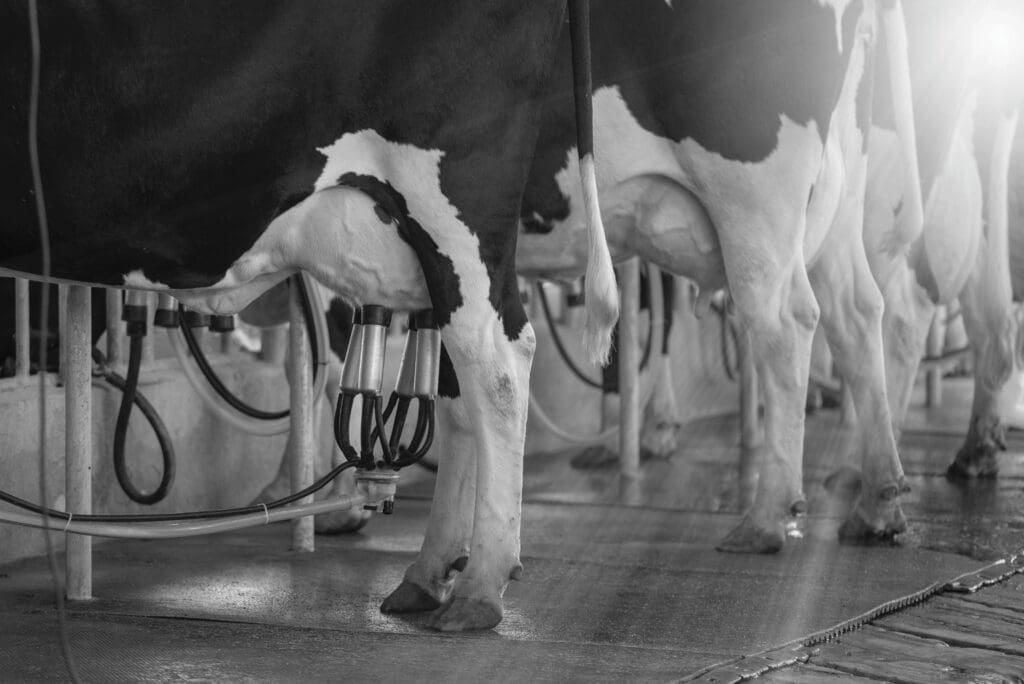


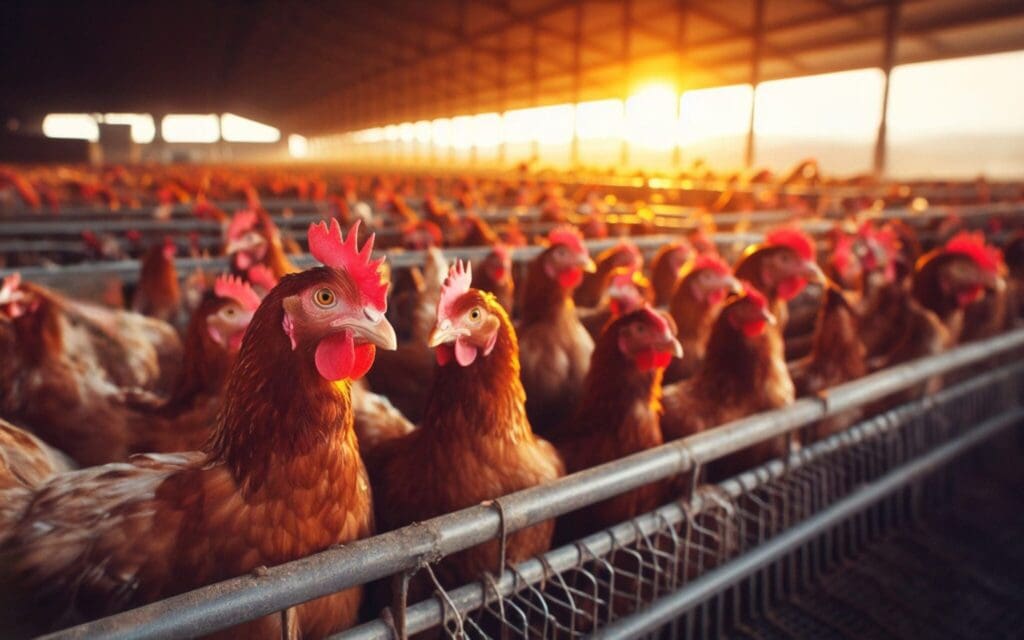
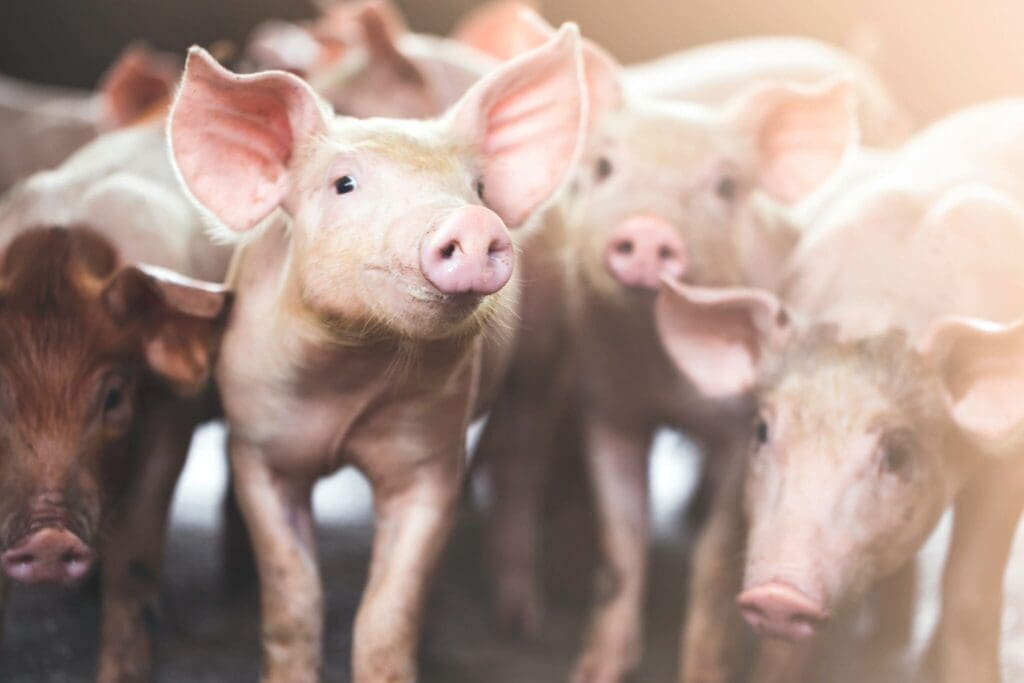
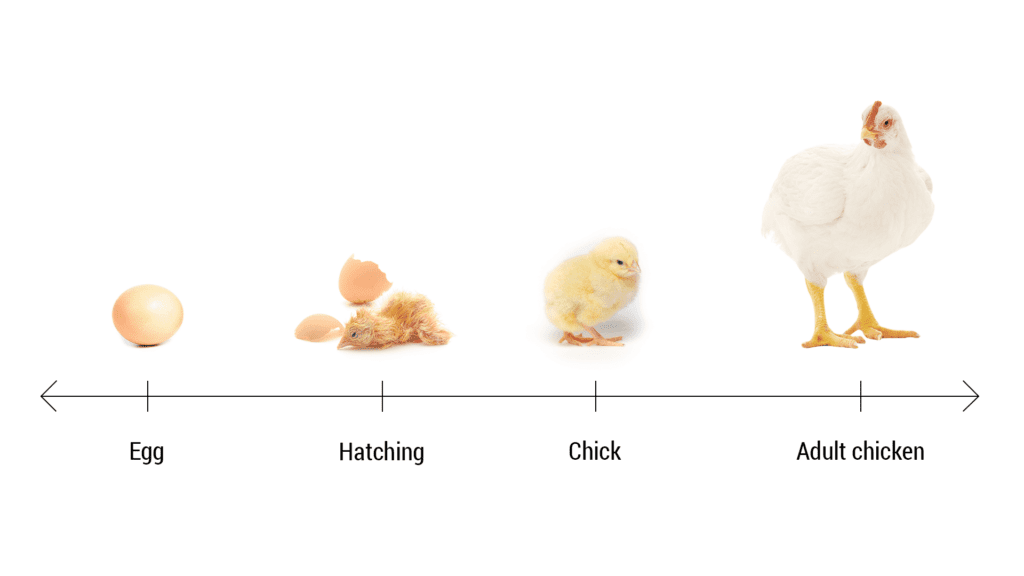

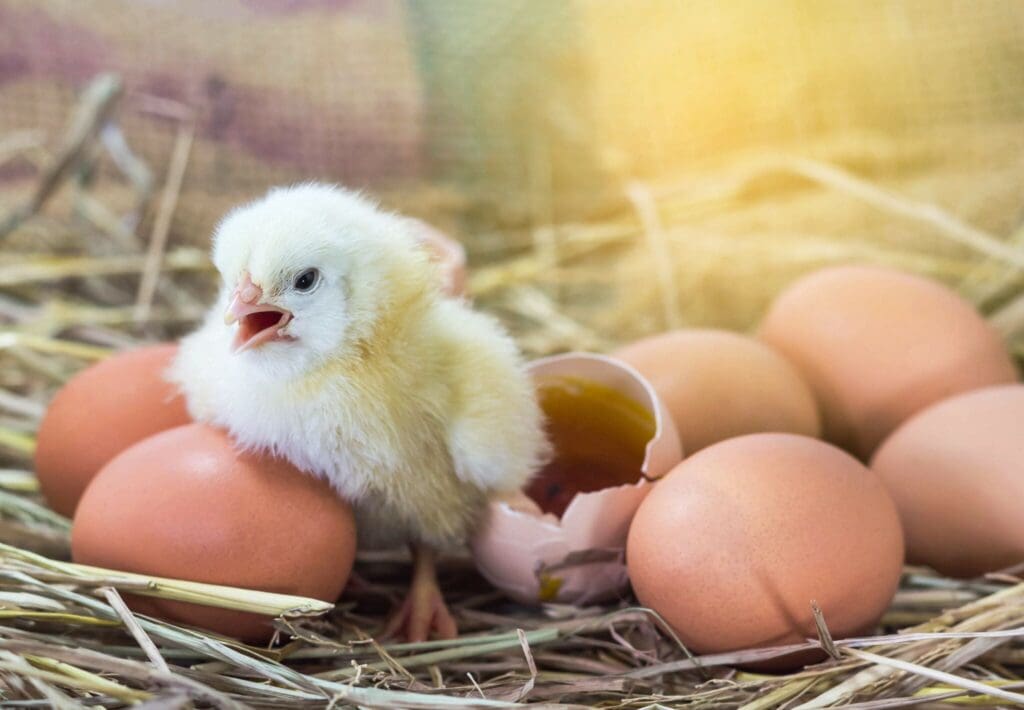

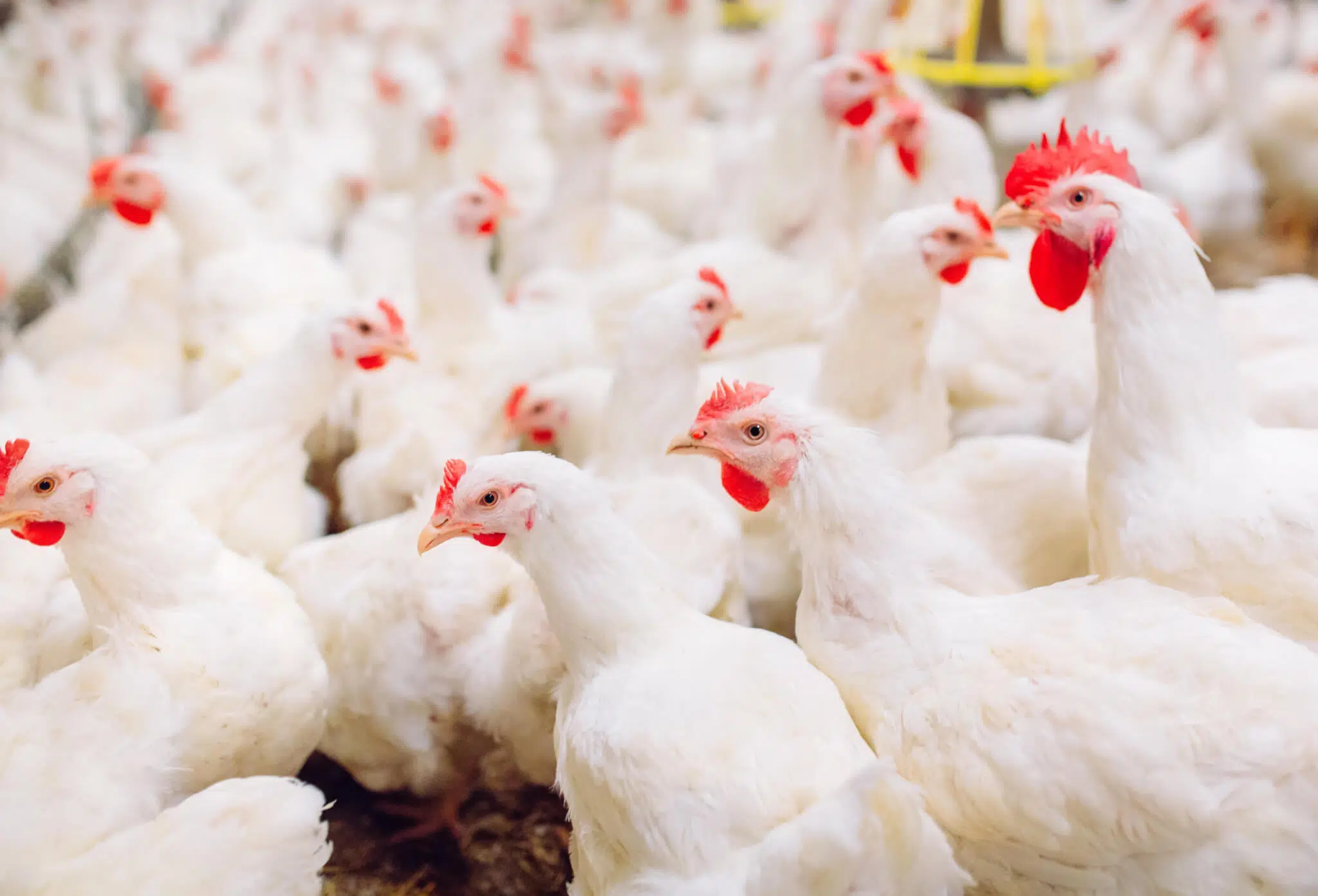

Nice article, Robyn! You could easily do this for human nutrition too in terms aof gut health and immunity 🙂
Thank you Robyn!
I found this article very interesting and insightful.